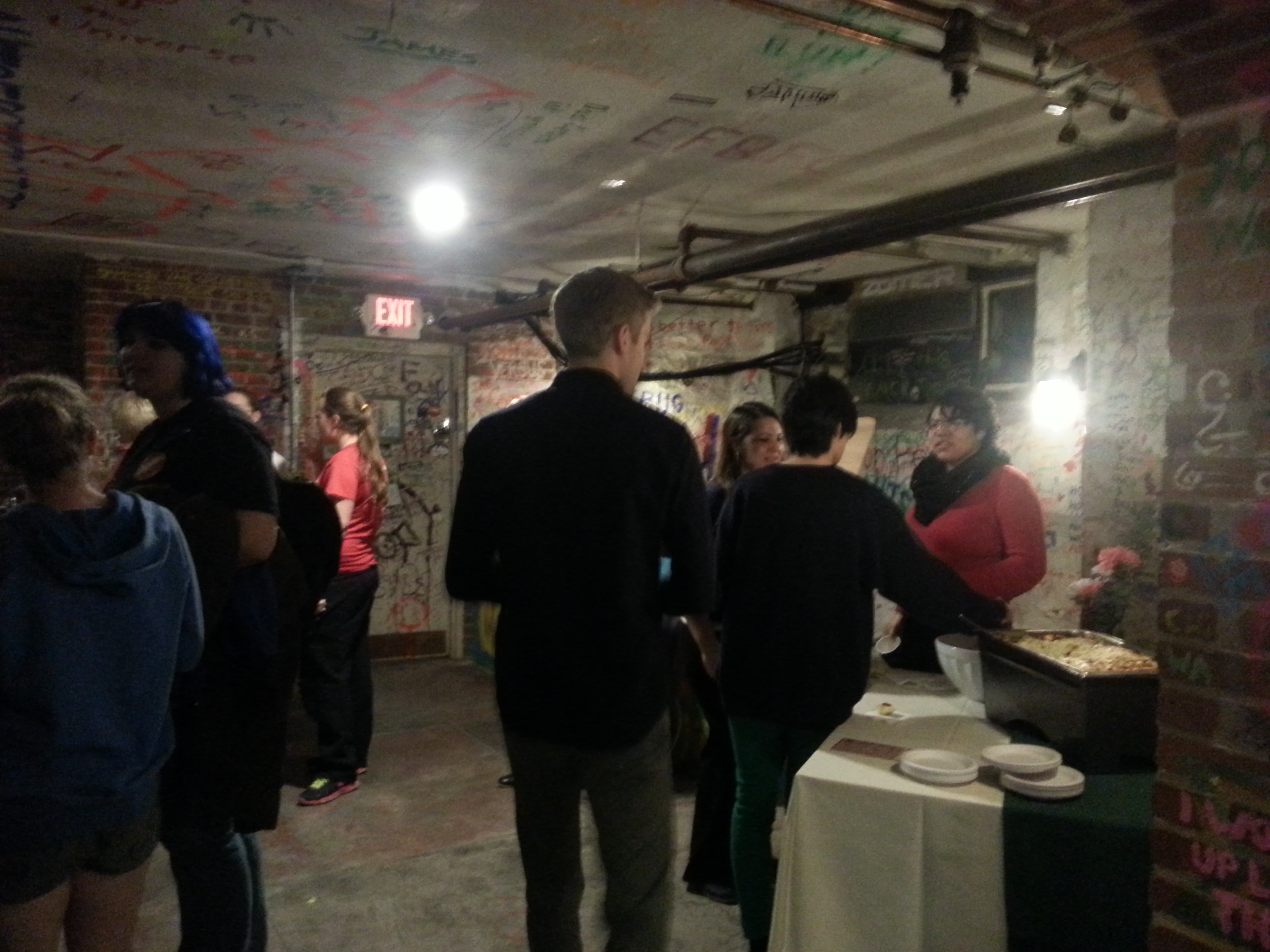After much speculation by students about how Chatham University would handle the housing of its incoming male population, questions were answered on Thursday, November 20, when Heather Black, Director of Student Affairs & Residence Life, sent out a campus wide email addressing the issue.
The email, after explaining the decision making process and the results of a campus wide survey sent out earlier in the semester, said that Fickes Hall will be all women; Rea, Laughlin, and Woodland will be coed by floor; and the Chatham Apartments will be coed buildings with individual apartments being single gender.
Additionally, graduate students will no longer be housed in Woodland, but will still have the option to live in the Chatham Apartments.
Black later added that students will have a say as to whether they live in single-sex or coed accommodations, saying, “All incoming students will complete a preference sheet along with their roommate questionnaire.”
When asked, Black said that before making any decisions they did a great deal of research, saying, “we connected with approximately eight institutions that went coed in this past ten years such as Wells College, Regis College, Randolph College, Hood College, and Chestnut Hill College.”
Black was not able to provide any information about the housing situation at the Eden Hall campus for the 2015/2016 school year, instead saying, “I am unable to speak adequately on this subject at this time as we are in the planning stages.”
The email, did, however, include information about Chatham’s Living Learning Communities (LLC), saying that Fickes will house the Women’s Leadership LLC, and that Rea and Laughlin will house LLCs that are yet to be determined.
“We plan to do [the Women’s Leadership LLC] by floor unless there is overwhelming response,” she said, pointing out that, “All of our LLC events are open to the entire campus – commuters and residents. Students can choose to participate in an LLC event even if they do not live in the specific residence hall.”
Students’ reactions to the new living arrangements were mixed.
Sophomore Maryann Fix spoke for many students when she said, “I think it would have been nice if we were involved in the conversation.”
Senior Margery Deane and Sophomore Mary Ellen Watt-Morse, on the other hand, felt that the University made a good compromise.
“That is what most colleges have, where they divide floors by gender,” Watt-Morse said.
“I think it’s good that the guys aren’t completely isolated…[this arrangement] includes them, but still keeps the genders separate,” Deane added.
“At traditional colleges usually apartments can be coed,” Deane continued, “but I understand why the University didn’t switch directly to that.”
In response to this opinion, which was expressed by many, Black said, “students expressed interest in housing by floor, and having the apartments by gender still meets this need.”
Black also allayed fears of overpopulation of the residence halls, saying, “Our current undergraduate residence halls occupancy rate is 88 percent. With the adjustment made there should be sufficient housing for the increase in undergraduate students.”
However she went on to say that, “It is impossible to predict exact numbers and student interest so we will make appropriate adjustments in late spring based on students’ needs.”
Not all students were convinced, however, like Senior Sarah Ellis who said, “I think they’re preparing for too many men, especially because it is the first year.”
“They should stick with one [residence hall for men] and keep it that way,” she continued, pointing out that it would be a way to, “honor our history.”

